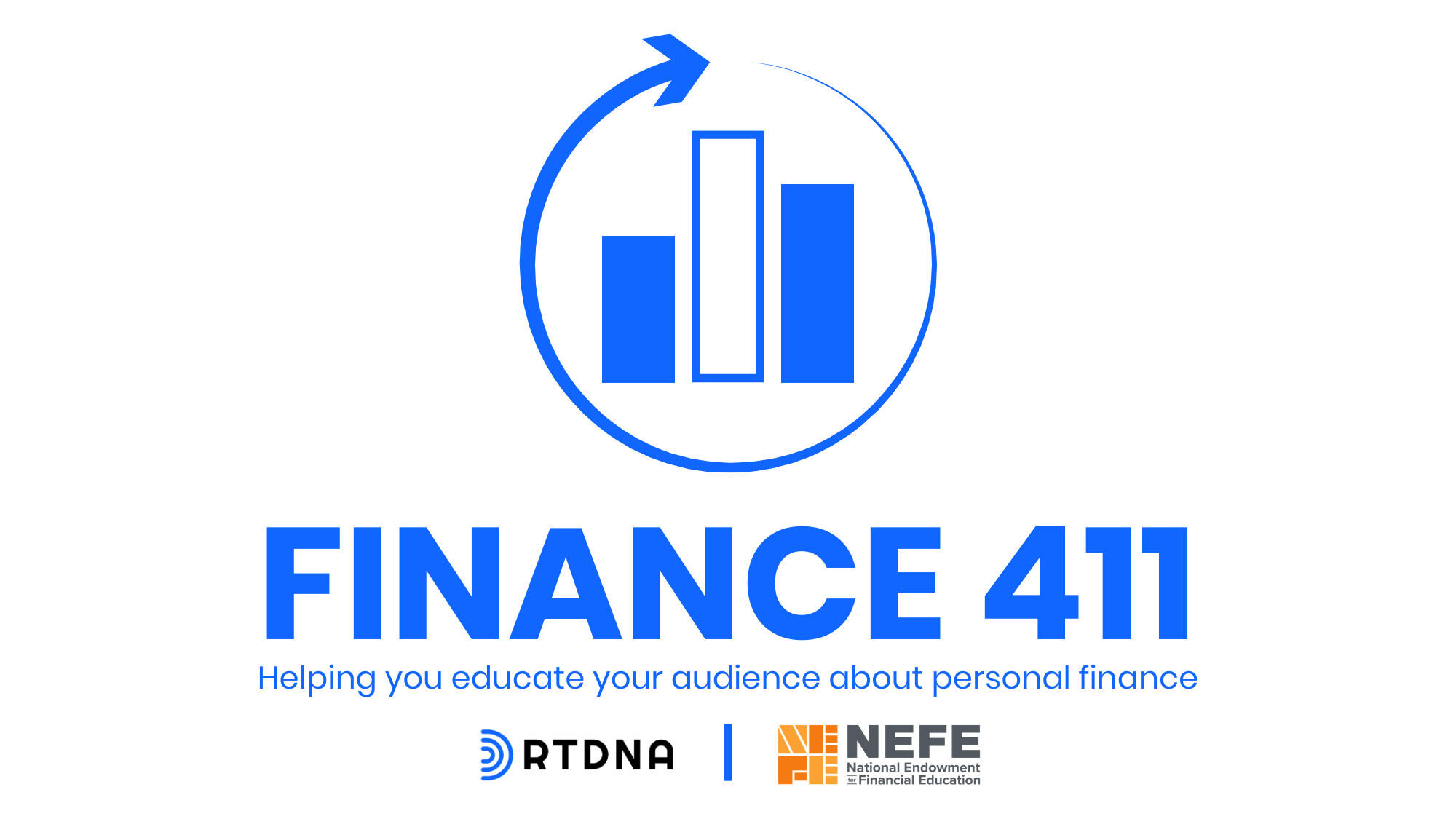Money Matters: When personal finance advice goes bad

Money. It can be complicated and a constant source of worry for many in your viewing audience.
There’s also no shortage of sources of sometimes fishy advice on how make a quick buck or get rich quick.
And even legitimate experts aren’t always right, or right for everyone. One little tweet in May, linking to a January article, recently caused an online uproar with its advice:
TWITTER LINK
That advice, cited in the MarketWatch article, came from investment firm Fidelity Investments, which surely knows a thing or two about managing money.
But the tweet generated a firestorm online. It was roasted as an unachievable milestone, quickly turning into a meme of other unrealistic or arbitrary milestones for 35-year-olds.
To be fair, the article cited many of the same challenges to this goal the target 30 somethings pointed out. Its bottom line advice was actually that, at an age when many are beginning to face mortgage payments and childcare costs, it’s important not to forget about retirement savings altogether.
MarketWatch acknowledged the outcry, but also hit back with an article by a columnist who did manage to retire at age 38, arguing that the original “save double your salary by age 35” advice isn’t entirely unreachable.
So who’s right?
Well, there are always more than two sides to every story, so the short answer can only be “it depends.”
Personal finance is just that: personal.
Smart financial decision making depends on an individual’s situation, goals, lifestyle, risk tolerance and more. Even sound financial principles may have exceptions.
Tried-and-true credit card wisdom can be wrong in some circumstances. “Never pay an annual fee?” Maybe a good call in general, but in some circumstances a fee can be lower than a card’s rewards value. “Never close a credit card account?” This is not necessarily bad advice either, but in some cases, it may be worth a small, temporary hit to your credit rating to avoid a card’s annual fee.
Generally sound advice can also be a bad fit if it doesn’t align with the goals and priorities of a particular stage of life. Here are three big examples of how traditional advice may not be a good fit for today’s millennials.
Traditional advice, particularly around saving, can be particularly out-of-touch for low income families, who don’t have the luxury of thinking about longer term finances and actually do better than others at tracking money.
The bottom line?
Traditional financial truisms packaged into headlines can’t tell the whole story when so many money matters are based on many variables.
Another consideration: “Experts have their own agendas. Figure out how to improve things as much as possible anyway,” says Inc.com contributor Erik Sherman.
So how can reporters on the consumer beat avoid becoming the next meme?
Be sure to provide context to your stories. Include information about multiple options that may be better fits for different types of consumers. Make sure you’re talking to your whole audience, not just those with the most financial freedom. When talking to experts, push back. Ask when their advice may not apply. Remember to look for more than just two sides to any story.
Weekly Money Matters personal finance content for your newsroom is sponsored by the National Endowment for Financial Education.
